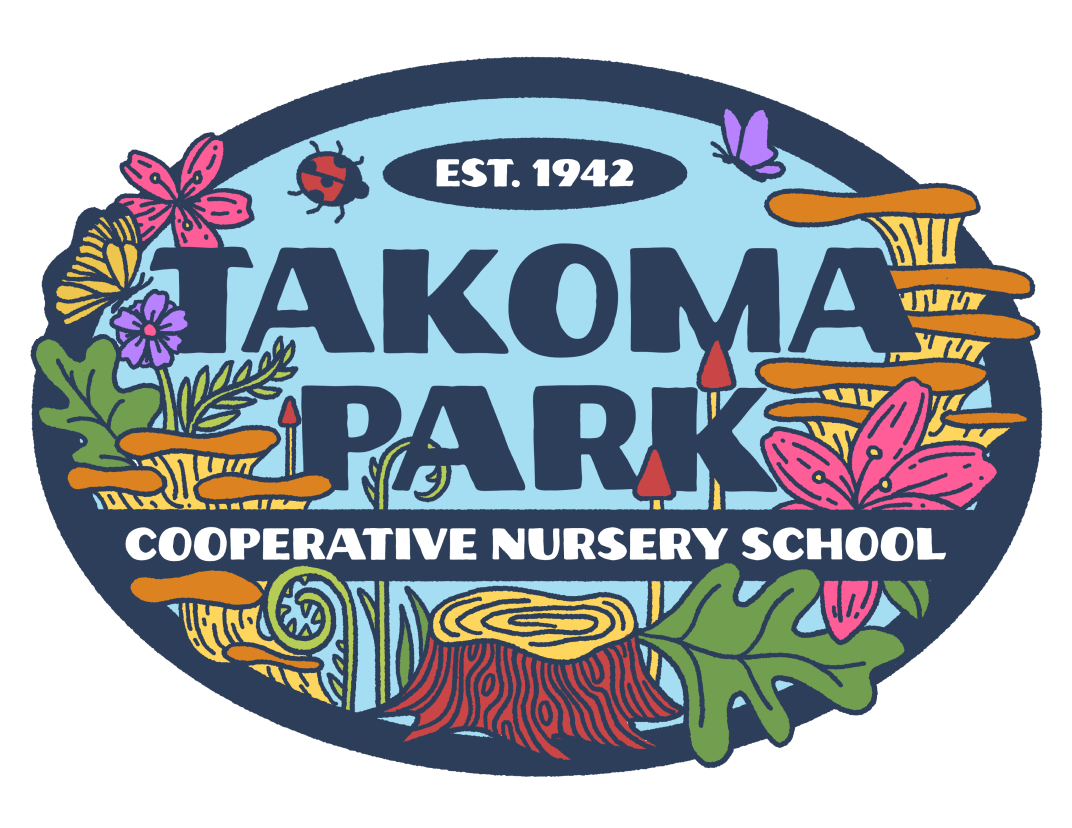Pushing Up
Recently, the children’s grown-ups (parents and teachers) at our school have been exploring the idea of “pushing up” the practices of early childhood education in answer to the failed push-down approach rolled out since the establishment of “No Child Left Behind” and other high-stakes accountability policies. These policies prioritize early academics over play and developmentally appropriate learning—despite research showing that such methods lead to short-lived academic gains, increased behavioral challenges, and diminished long-term engagement.
Short-lived academic gains, increased stress, and behavioral issues—align with concerns raised by researchers, parents, teachers, and early childhood advocates today. This has led to a growing movement to "push up" early childhood education, reinforcing the importance of play, inquiry, and child-led learning as the foundation for lifelong success.
We’re here for it.
Let’s push up.
Let’s reclaim and build meaningful connections through collective care.
It is in our nature.
As a cooperative, as an organization
The revolutionary nature of collective cooperative care lies in its ability to challenge dominant systems that prioritize individualism, competition, and hierarchical, misguided expertise — in short, the “push down” — in early childhood education. By working cooperatively, a small group of committed individuals can create profound and lasting change—demonstrating that early childhood education flourishes when it is rooted in relationships, shared responsibility, and deep respect for children as capable learners.
When a community decides to sustain an outdoor early childhood program together, where children are given the time and space they need, they are not only providing children with access to nature and play but also resisting the prevailing push-down model of education, which forces academic expectations onto younger children rather than building a strong foundation of curiosity, agency, and emotional well-being.
And guess what?
THAT IS VERY ACADEMIC.
By harnessing the strength of our cooperative community, the expertise of our educators, and the transformative power of play, we create a model of early education that does not "prepare" children for the next stage—it honors them in the present. Through shared labor, collective decision-making, and a commitment to learning alongside children, families and educators redefine education as an ecosystem rather than a pipeline—one that nurtures growth in all directions.
This is our revolution.
This is our sea change.

